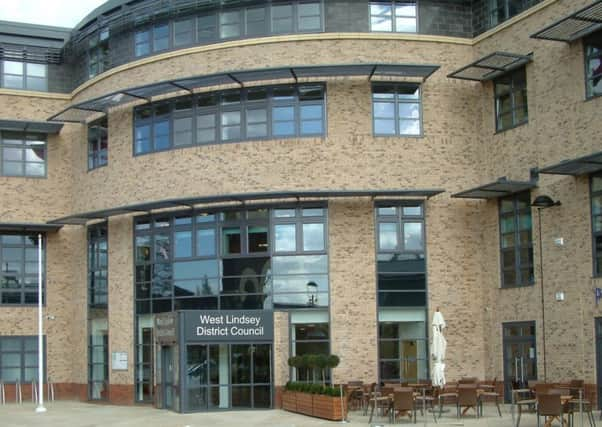Tax rise to support £37m investment by WLDC


Regeneration, leisure and business growth feature heavily in the council’s plans over the next five years, as well as continuing to provide vital services for residents.
The news was revealed at the Full Council meeting last week, where the Capital Investment Programme was presented to councillors as part of the council’s budget report.
Advertisement
Hide AdAdvertisement
Hide AdIt outlines the ambitious work plan for the next five years to deliver the new Corporate Plan, which was also supported by councillors.
Coun Jeff Summers, Leader of West Lindsey District Council said: “Our spending priorities for the next few years remain focused on those who need our support most.
“We have listened to residents through our budget consultation, and we have ensured that this is reflected in the services we deliver.
“The budget supports our priorities of People, Place and Council, striking the right balance between an increase in Council Tax and continuing the successful work of increasing efficiencies and regenerating our district, attracting new jobs and new homes.
Advertisement
Hide AdAdvertisement
Hide Ad“There is also a commitment to continue to protect our assets and expand economic growth across the area, on major projects across all our communities.”
The investment supports the vision the authority has for West Lindsey, which is: ‘West Lindsey a great place to live, where business and communities can thrive and realise their potential.’
Also at the meeting, a Council Tax increase of 2.99 per cent for 2019/2020 was approved, meaning a household in an average Band D property will see an annual increase in their West Lindsey bill from £207.27 to £213.47 per year.
This equates to an increase of £6.20 (12p per week).
The charges for West Lindsey District Council services form part of the overall council tax bill, which also includes portions for policing, fire and rescue, and in some areas, town or parish councils.
Advertisement
Hide AdAdvertisement
Hide AdThe council still faces a funding gap of more than £500,000 in 2023 due to the funding reductions enforced by central government, however, it is confident the pro-active action being taken now will close that gap.
Ian Knowles, Executive Director of Resources at the Council, said: “The council has a strong track record of identifying and generating income, savings and efficiencies whilst protecting priority services.
“We have effectively managed the £4 million reduction in Revenue Support Grant from Central Government, since 2013/14.
“This financial year, (2019/2020) marks the first year where there will be no RSG grant.”